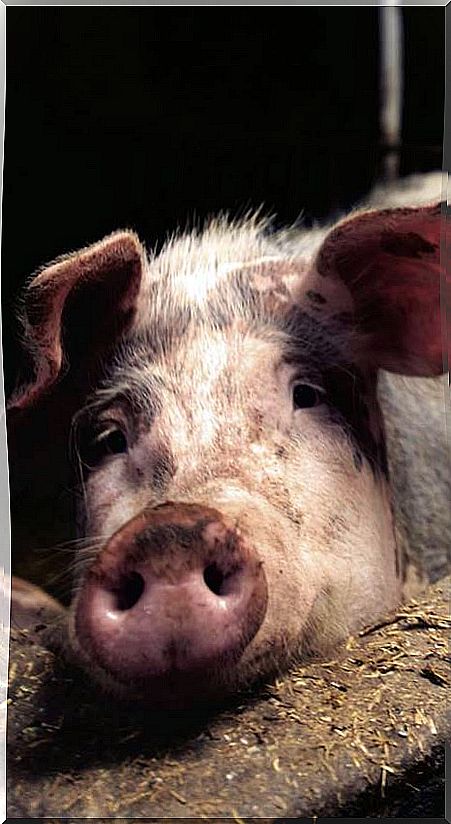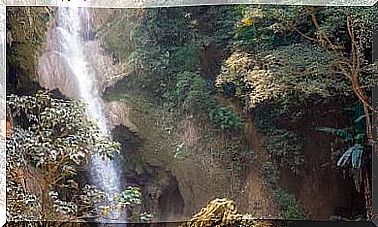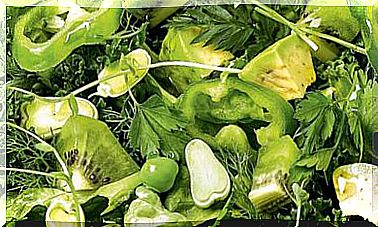Intensive Livestock Farming Pollutes Water
Slurry from farms of cows, pigs and other animals pollutes water in aquifers and seas. A serious environmental problem and one more compelling reason to stop eating meat.

In the municipality of Hellín, in Albacete, there is the most polluting pig farm in Spain. Observing the exploitation from the sky, the reason why it is so polluting is evident: huge ponds of slurry occupy an area similar to that of 18 football stadiums. There are 13,000 m2 full of the excrement generated by the 150,000 pigs that can live badly on this farm.
A dangerous compost
These wastes are often used as fertilizer for nearby fields, a practice that can have dire consequences for the environment. One of these consequences is the contamination of surface waters and aquifers.
As farmland is not capable of absorbing all the nitrates present in slurry, nitrates also end up in groundwater, and can even contaminate those intended for human consumption.
In Aragon about 18% of the municipalities are contaminated by slurry and in some schools in Huesca, students cannot drink water from the patio fountains. In Catalonia, 41% of the aquifers are contaminated due to slurry and 142 municipalities suffer from water supply problems.
A problem that reaches the sea
The excess of nitrates present in river and groundwater reaches the seas, generating the so-called dead areas, hypophic zones (without oxygen) in which marine life is impossible.
The increase in the number of dead areas in recent decades has been overwhelming, from 45 in the 1960s to 700 today. This unstoppable advance represents an existential threat to marine ecosystems and, consequently, to life.
One of the largest dead zones in the world is in the Gulf of Mexico and has a similar extension to the entire Valencian Community. In 2018, the Mighty Earth organization accused meat companies JBS, Tyson and Cargill of being the main culprits of this environmental catastrophe. The reason was the nearly 220 million tons of untreated animal waste that had been dumped into the Mississippi River that year.
In Spain, in 2019 we saw how the shores of the Mar Menor were filled with dead fish due to the eutrophication of the water. One responsible was the high concentration of nitrates in the subsoil, partly caused by non-compliance in the management and storage of slurry in more than 90% of the farms inspected.
Abandon the meat
With all this evidence, it is not surprising that FAO argues that livestock is probably the largest source of water pollution. Our consumption of animal products pollutes one of the most precious resources on Earth. Betting on an increasingly plant-based diet will help us to continue calling this planet the Blue Planet.









